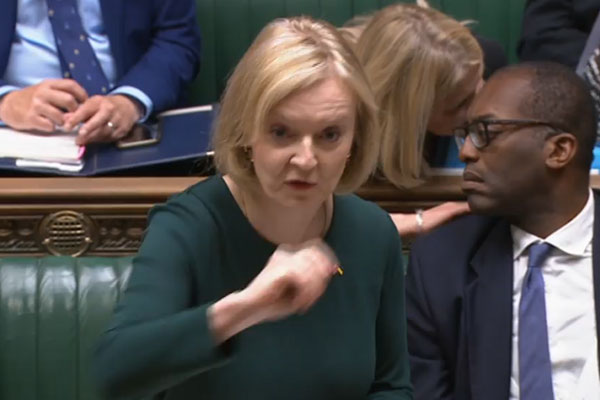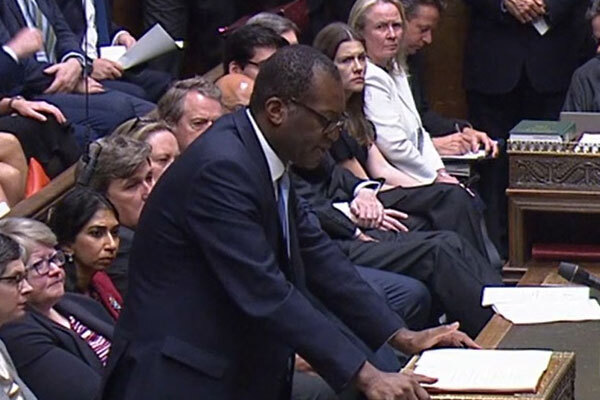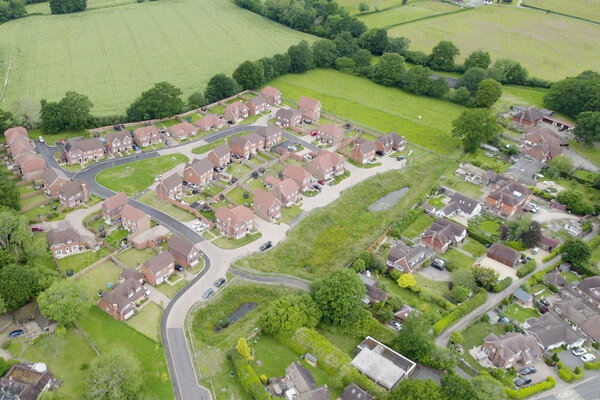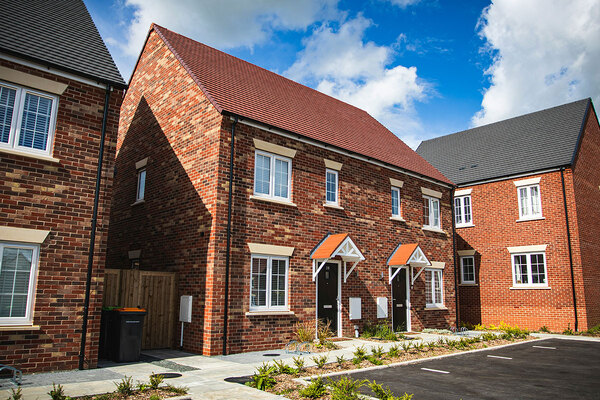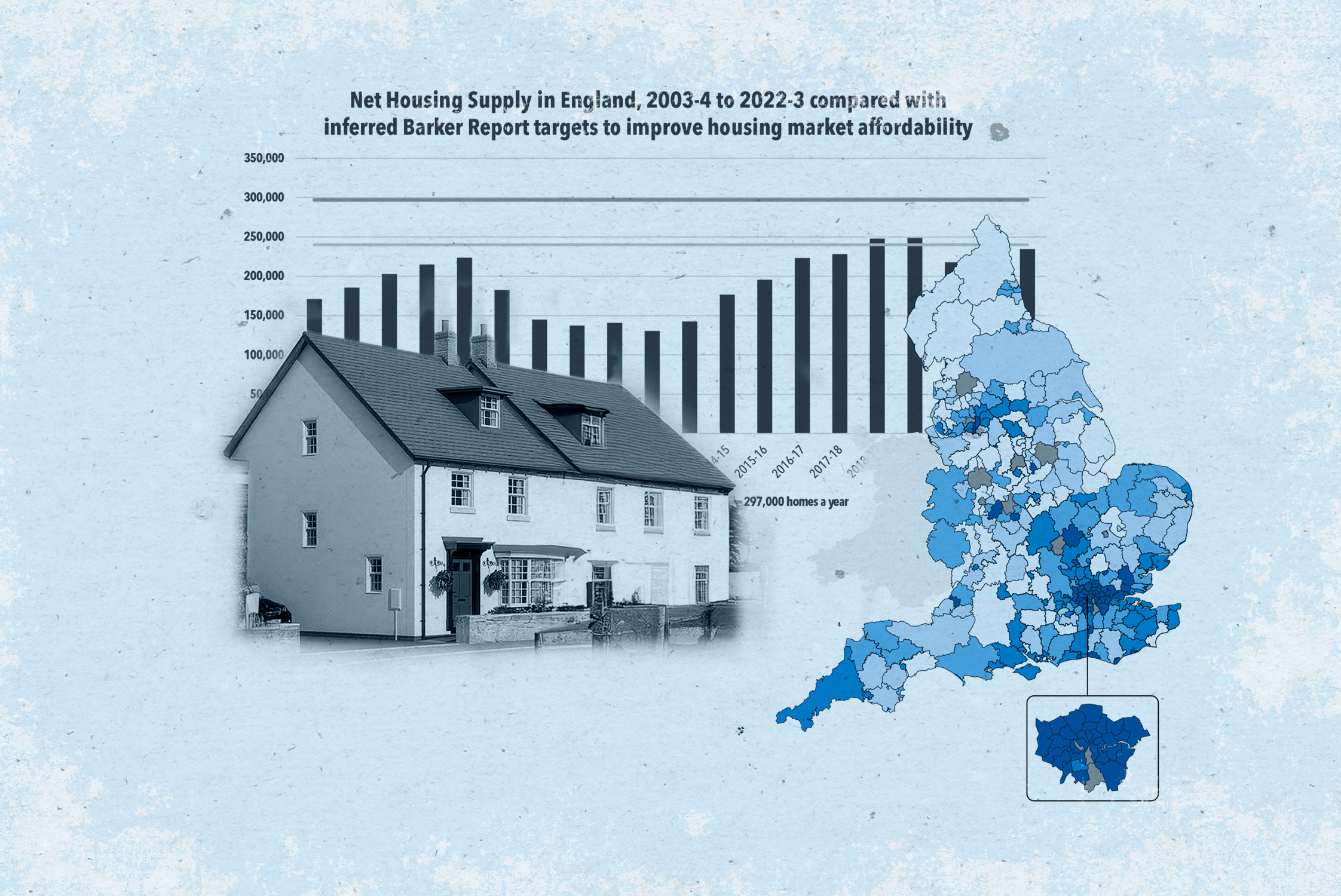You are viewing 1 of your 1 free articles
Investment Zones applications open as government urges councils to ‘go for growth’
The government has urged local areas in England to apply to its new Investment Zones initiative, which aims to “turbocharge” development through low taxes and looser planning rules.
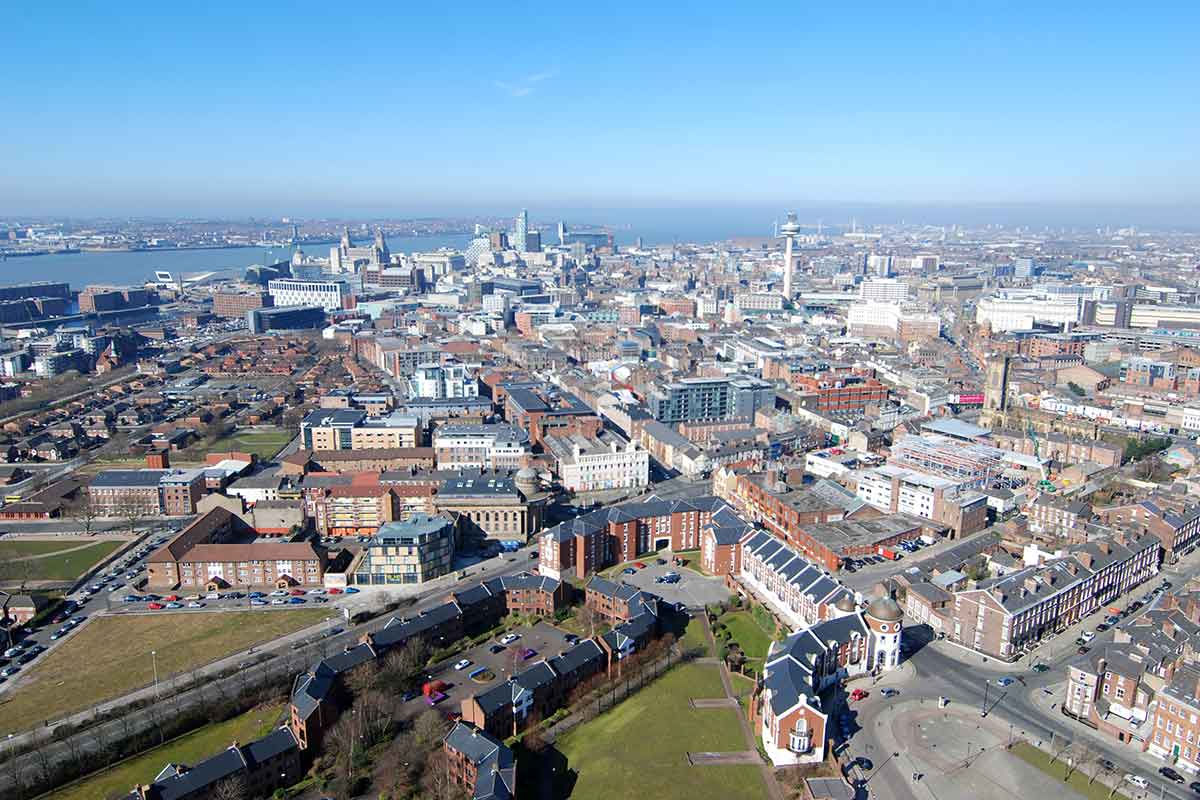
Under the scheme, which opened yesterday (2 October), areas can apply to host a ‘zone’ – a specific area designed to boost housebuilding and “transform towns and cities across the country”.
Ministers have already been in discussion with 38 areas such as Tees Valley, the West Midlands and Liverpool City Region, and it is now seeking expressions of interest from these places, as well as all other mayoral combined authorities, upper tier local authorities and freeports in England.
In an Investment Zone, the need for planning applications will be “minimised” and where planning applications remain necessary, they will be “radically streamlined”, the government has said.
Businesses within the zones will benefit from a range of tax incentives, which could last up to 10 years and will include relief on business rates, stamp duty land tax and employer National Insurance contributions.
Confirming the policy in his controversial Mini Budget, chancellor Kwasi Kwarteng said that businesses which hire a new employee in one of these zones will not pay any National Insurance on the first £50,000, describing it as “an unprecedented set of tax incentives for business”.
The government also said that it is seeking to slash red tape that “needlessly” slows down development, and that it is reviewing “ineffective EU requirements, lengthy consultations with statutory bodies and onerous national and local policy rules”.
But this deregulation drive has been criticised by leading charities such as the RSPB and the National Trust, which argue that the plans will strip vital environmental protections and put wildlife at risk.
The government has insisted that Investment Zones will maintain “high environmental outcomes” and keep national green belt protections in place.
However, the detailed guidance for the new zones shows that areas that include protected sites can still be put forward for inclusion. The document asks applicants to state whether the Investment Zone would include any proposed masterplans or schemes located in national parks, areas of outstanding natural beauty or designated green belt land, among other protected areas.
According to a report in The Guardian, the initiative has also sparked a row in government, with some officials in the Treasury and the Department for Levelling Up, Housing and Communities concerned that the “unlimited” number of zones hands a blank cheque to businesses.
The government said that the Investment Zones will be open to all local areas but a “high bar” will be set for establishing them, with ministers wanting to focus on areas where they will have the greatest impact on growth and housing supply.
Previous governments have tried to use zonal planning approaches to push investment to places in need of regeneration and economic growth, with comparisons being made to the enterprise zones set up by the Thatcher government in the 1980s.
The government said it wants Investment Zones to be extended across Scotland, Wales and Northern Ireland and is working with the devolved administrations on the best way to do this.
The deadline for expressions of interests is midday on Friday 14 October, and successful areas will be announced within weeks.
Sign up for our daily newsletter
Already have an account? Click here to manage your newsletters
